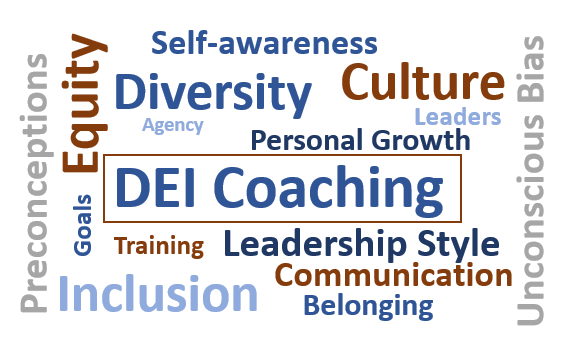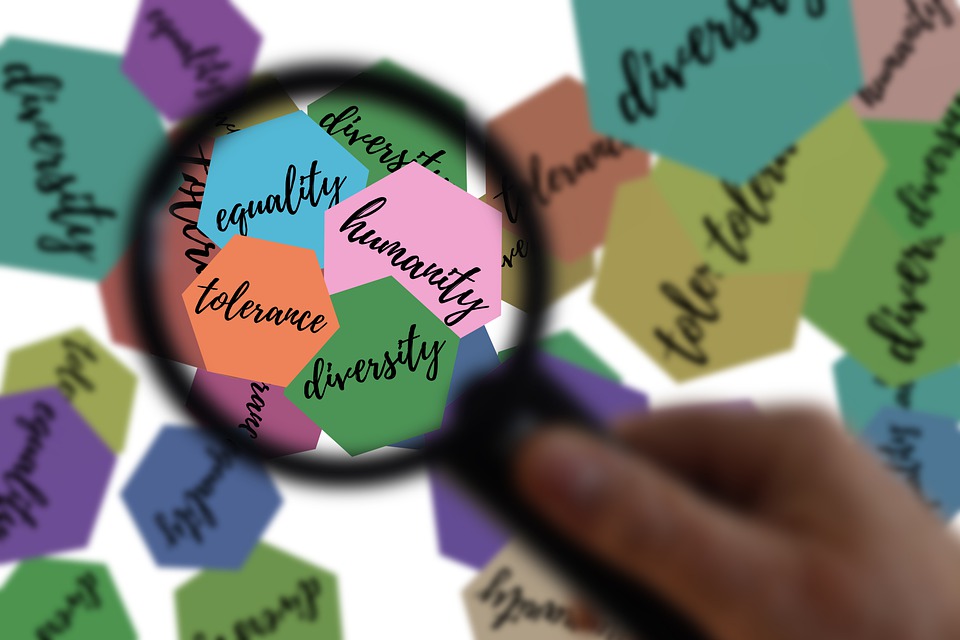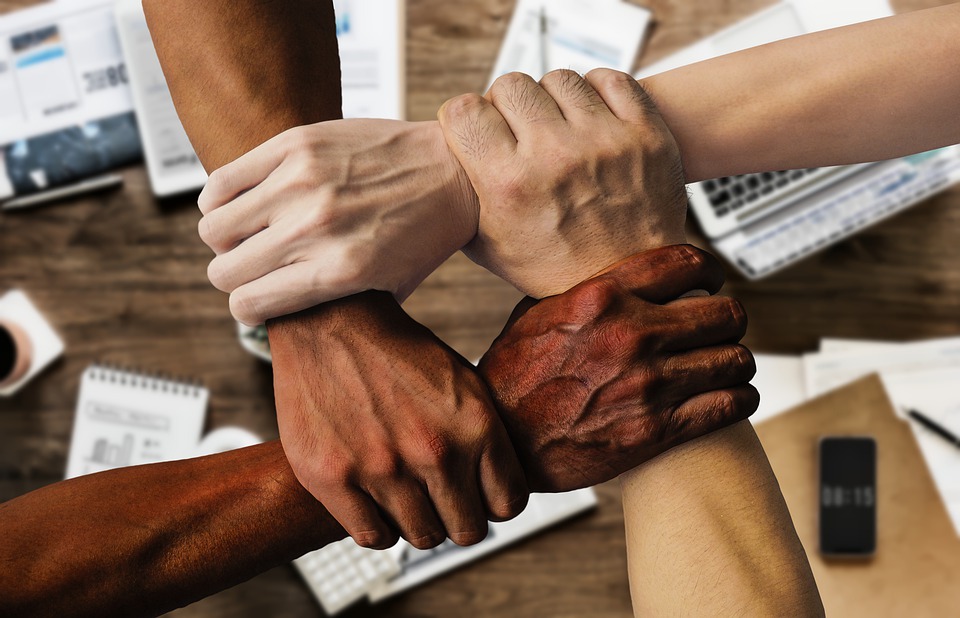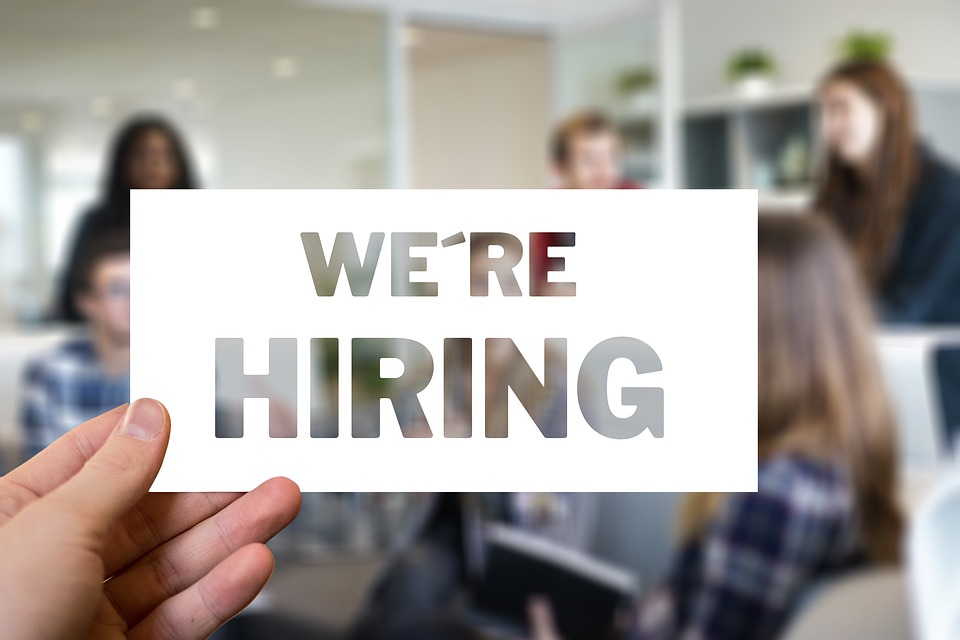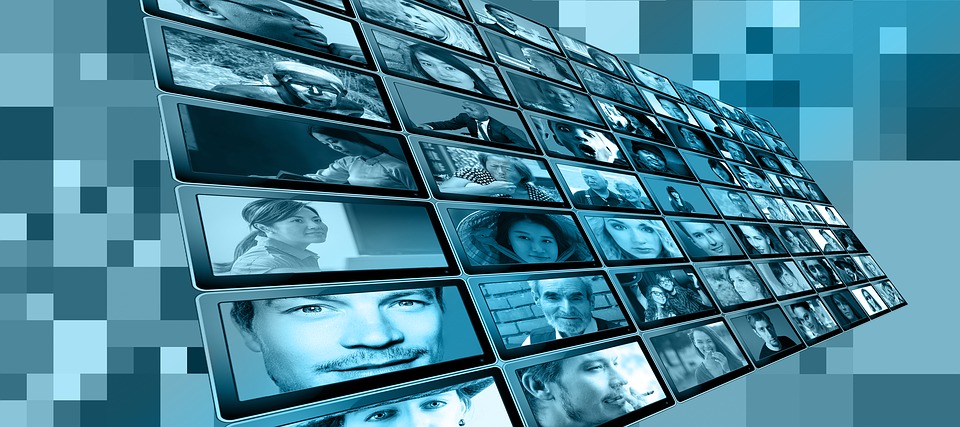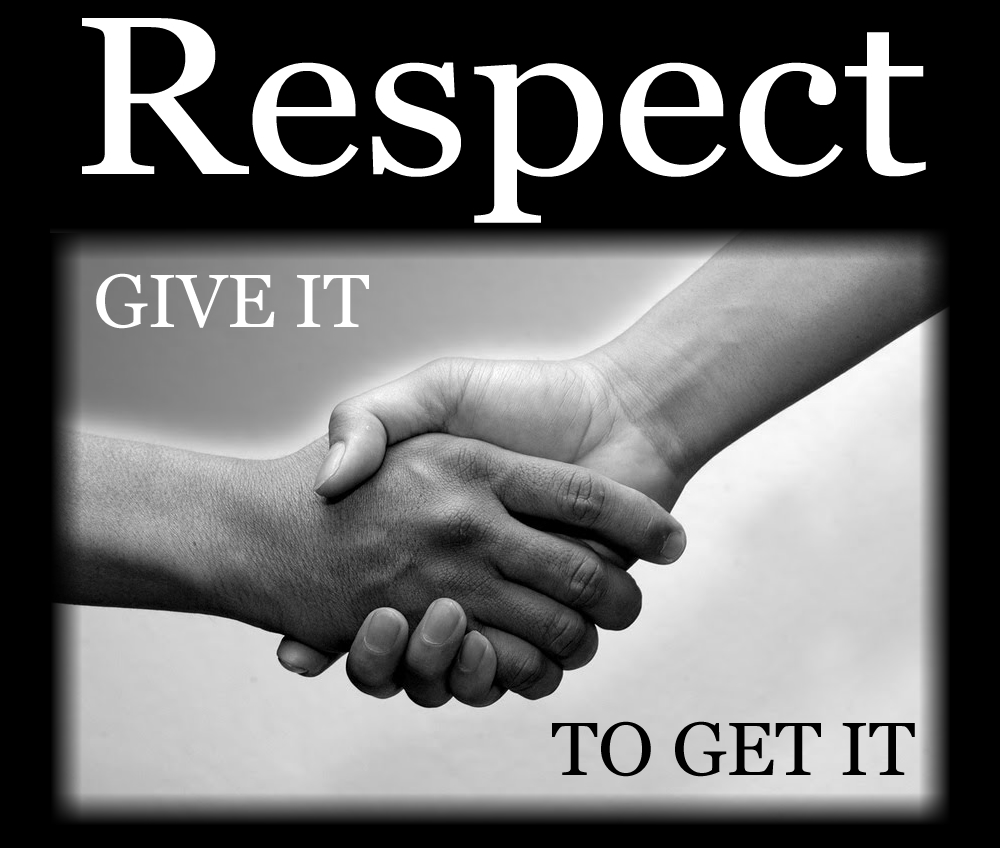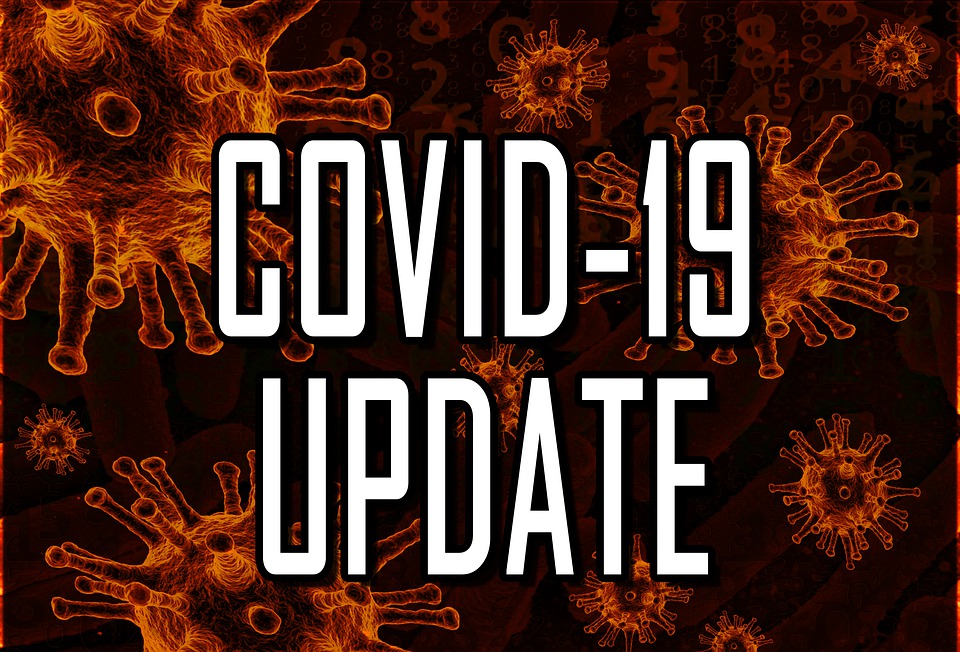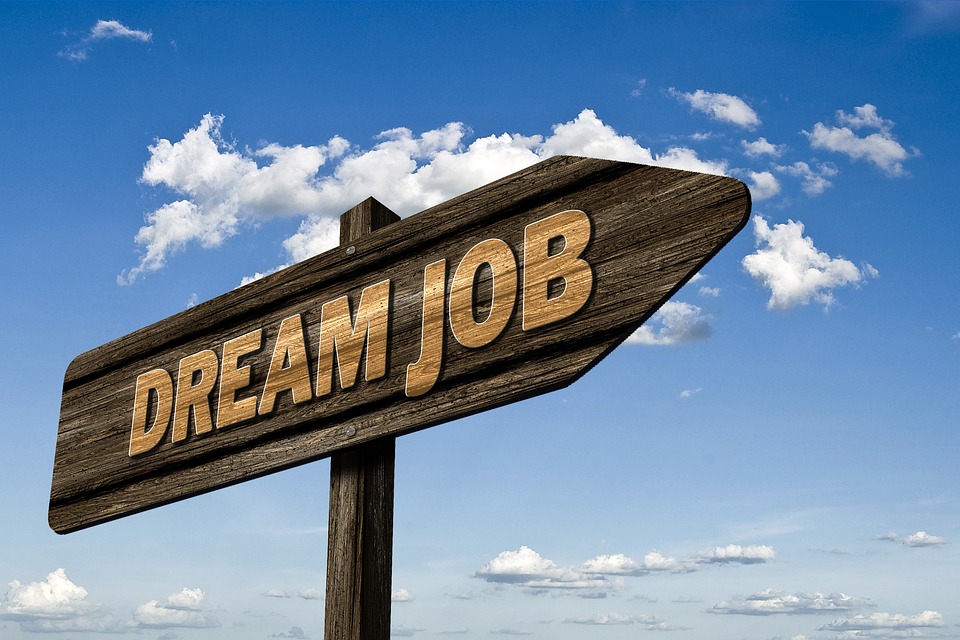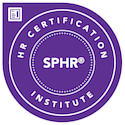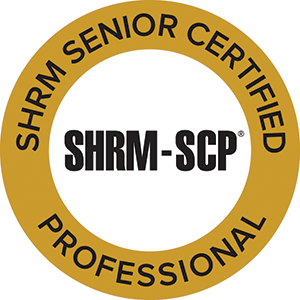Creating a strong DEI culture doesn’t happen overnight.
Even when senior leaders implement all the suggestions I’ve made in my last two articles (catch up with them here and here) there will be those leaders and employees who have a hard time outgrowing baked-in biases and ways of communicating.
Such was the case with one of my coaching clients. Although his team praised him as a leader who supported them and had no problem pitching in to help when things needed to get done, they also described him as someone who was often insensitive and judgmental, making assumptions about people based on preconceived notions rather than actual evidence.
This is called unconscious bias. “Unconscious” because often we don’t even realize that we are making judgments about someone’s abilities, intelligence, experience, credibility, etc., based on factors that have nothing to do with those qualities. The first step in overcoming these biases is to be made aware of them and the impact they have on others.
In this client example, I was brought in to help my client develop awareness around his communication style, his leadership style and the impact that both had on the people who worked for him and with him. We used a 360-assessment tool, which gives stakeholders the opportunity to comment on the leader’s strengths and areas for development. The 360 is a very powerful tool because it helps leaders develop self-awareness while giving stakeholders (direct reports, colleagues, and the person’s leadership) the ability to provide feedback anonymously. Leaders need honest feedback from various sources to be able to learn and grow.
A key requirement for an effective leadership coaching engagement is for the leader to be coachable. In this case my leader/client was very responsive to the feedback. He recognized that he often made snap judgments and that sometimes his communication style could be interpreted as insensitive. In addition to our coaching sessions, he also completed a DEI training class.
At the end of our coaching engagement, I performed a follow-up assessment to determine (from stakeholders) how he was implementing what he’d learned and to identify and create a plan for areas for continued growth. I was pleased to learn that stakeholders saw marked improvement in his self-awareness and in better adapting his communication style. They also remarked that he had implemented practices that he learned in the DEI training.
Effective leaders continue to learn and grow and one of the ways to do that is through Executive Coaching. Contact me today at michelle@connecttohr.com and let’s discuss how my coaching services can help the leaders in your organization.

